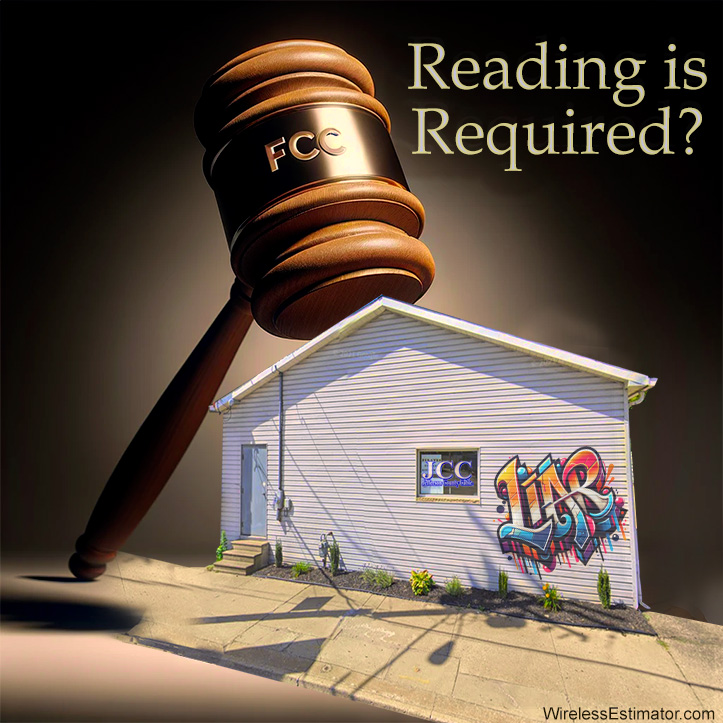
The FCC did not identify why the fine was set at $10,000, which many industry observers believe was insufficient given the gravity of Jefferson County Cable’s infractions. The cable company, operating out of a small office in Toronto, Ohio, initially said it wasn’t falsifying coverage information; it didn’t understand the FCC’s guidance on making the broadband filings. They agreed last week to lie in a consent decree that was adopted.
A broadband provider has agreed to a $10,000 settlement with the Federal Communications Commission (FCC) after confessing to falsifying its service area information. The provider, Jefferson County Cable (JCC) based in Toronto, Ohio, admitted inaccurately claiming it provided fiber services in regions it had yet to reach. Additionally, it has been revealed that the company submitted incorrect data to the FCC, aiming to block competitors from receiving government funds for service expansion in those areas.
The issue of deceptive broadband claims is not isolated to JCC. In February 2023, similar allegations were made against Comcast, which defended the accuracy of its submitted data. It remains uncertain if Comcast will face any disciplinary actions.
JCC, established in 1981, initially reported servicing 8,178 addresses in its June 30, 2022, data submission to the FCC, which was later adjusted to 6,605 by December 31, 2022. However, this revised figure exceeded the actual number of addresses that JCC could service. Following an FCC Enforcement Bureau inquiry in March 2023, JCC corrected its filings by eliminating approximately 1,500 addresses it could not service within the stipulated 10-day period following a service request, thereby acknowledging its prior oversight in understanding FCC guidelines.
JCC acknowledged to the FCC that it needed to have taken the time and effort to review and understand the Commission’s guidance on Broadband Data Collection filings before it made them. JCC admitted to the FCC that it filed incorrect data for a location in Bergholz. The town is not one of the coverage areas listed on Jefferson County Cable’s website. An individual challenged JCC’s Berholz claim. The contested location was one of nearly 1,500 locations JCC had included in the two relevant Broadband Data Collection filings.
The FCC did not identify why the fine was set at $10,000, which many industry observers believe should be increased given JCC’s infractions.
The agency might have considered the size of JCC’s small single office in Toronto, a community of a little over 5,000 residents, where the company maintains its operations.
Criticism of the FCC’s challenge system has increased, and experts are advocating for a more robust method of collecting and verifying broadband access data.
JCC provides internet service to Toronto and Steubenville. The FCC’s consent decree is available here.


















